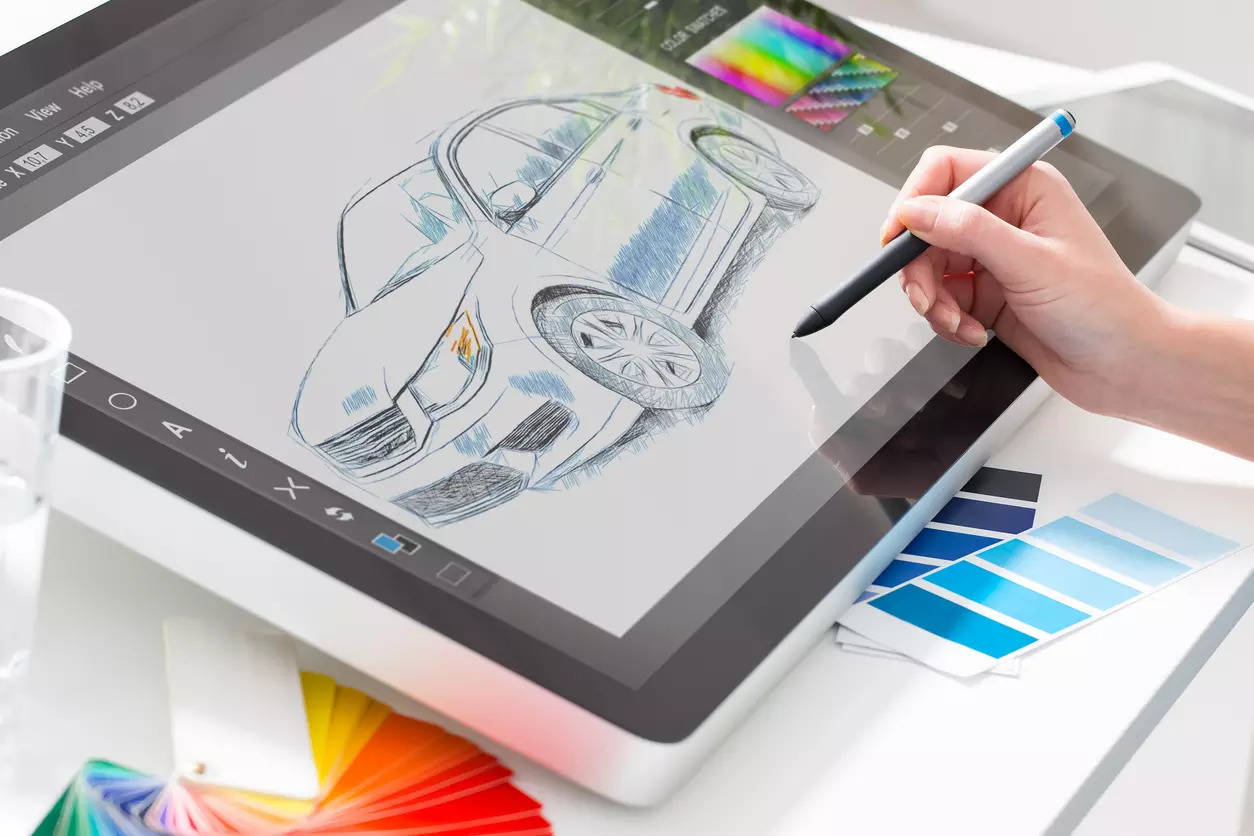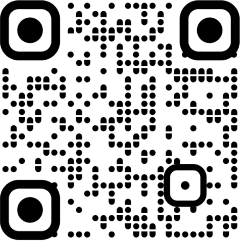
New Delhi: Automotive design is a complicated yet intriguing discipline from a product design point of view where creativity meets engineering. It is a consolidation of various components like interior design, exterior design, materials, technology and safety. Unlike static objects like products or furniture, automobiles embody complex dimensions. From the exterior beauty to the comfort of interiors, to cutting-edge technology to adherence to all safety guidelines, automotive design is an amalgamation of various considerations. The right balance between exterior attraction, interior comfort and usability is what defines automotive design. It’s a work of disciplines like conducting an orchestra where each element plays an important role but they resonate as one.
The profession of auto design has undergone tremendous transformation since its inception, evolving from simple exterior styling to a multidisciplinary field that includes a wide range of specialties. This evolution reflects broader changes in technology, consumer expectations, and the automotive industry’s overall goals. Today, car design is not just about creating visually appealing vehicles but also about ensuring an exceptional customer experience, integrating advanced technology, and maintaining high production quality.
Exterior Designing:
Aesthetics – The exterior of the car is the most striking feature that causes the initial attraction as buying a car is often an emotional experience. Designers are tasked to craft a look that are both unique and appealing. This involves strong understanding of the silhouettes, proportions, lines, shapes and surfaces which creates a positive emotional connection. The overall shape of a vehicle; how it sits on its wheels, its stance and overall proportions is the foundation of successful design. Whether it is a hatchback or an SUV, every curve is sculpted accurately to evoke perceptions. Some studies have shown that consumers often feel excitement, admiration, and a sense of pride while a owning a car that they find visually appealing. Materials and Colours – The colours, materials and finishes play a significant role in improving a vehicle’s overall aesthetic and tangible appeal. Exterior designers work to select the right materials that would complement the car’s design while ensuring durability and quality. The introduction of new materials and advanced paint technologies allows designers to experiment with different textures, colors, and effects. For instance, aluminium and carbon fibre which are lightweight materials are often used to improve performance and fuel efficiency.
Interior Designing
Ergonomics – The interior of the car is what sets the tone of the overall aesthetic experience and creates a vibe for the driver as well as the passengers. It should have a good balance between comfort and functionality and sleek modern design evokes the feeling of luxury and sophistication. The interior designer is responsible to manage this ergonomics which involves careful placement of seats, displays and controls to ensure ease of usability. The objective here is to create an environment where everything is naturally placed to enhance the complete driving experience. This is a very intricate combination of multiple disciplines that create an overall ambience and atmosphere that define the space for the user.
Materials and Finishes – The selection of interior materials is also critical when it comes to defining the character and the premiumness of a car. The selection of materials for the interior is critical in defining the vehicle’s character. Premium quality materials like wood, leather and in some cases exquisite sustainable supplies contribute significantly to the feel of the car and such attention to details creates the ambience and atmosphere of the car. The interior of the car defines the premiumness of the car and hence materials should be well considered.
The Synergy between Exterior and Interior Design
While the interior and exterior play exclusive roles in car designing, techniques and technology become the binding factor. On one hand, enhancements like 3D designing, AR and VR technologies offering an immersive experience have transformed the process of car design enabling quick visualisation of a product. Proficiency in clay milling on the other hand has vastly helped in sculpting life like prototypes, helping understand how the car once introduced into the market will look and feel in its physical entirety. These skills help streamline design workflow and enable car designers to foresee innovative concepts with exceptional efficiency.
Furthermore, in the modern era, car design has become a holistic discipline that encompasses branding and the complete customer experience. This requires a multidisciplinary approach, with designers collaborating with marketing, engineering, and sales teams to deliver a seamless and engaging experience. Designers are responsible for creating vehicles that reflect the brand’s identity and values, ensuring consistency across all touchpoints. This includes everything from the initial design concept to the final product, as well as marketing materials, showroom experiences, and after-sales services. The goal is to create a cohesive and compelling narrative that resonates with customers and builds brand loyalty.
Conclusion
With around only 5000 car designers globally, car designing is a focused field. In spite of being such a niche category, car designers play significant roles in the future of the automotive industry. They are crystal ball gazers who pre-empt the life cycle of vehicle that is here to stay for at least 10 years. As the automotive industry evolves it is important for the designers to to maintain a subtle balance between the external appeal and internal comfort and functionality. When aesthetics merges with engineering, technology, and materials, designers produce vehicles which are not only visually appealing but also enjoyable to drive. Design is most definitely the cusp where art and science of automotive comes together.
















